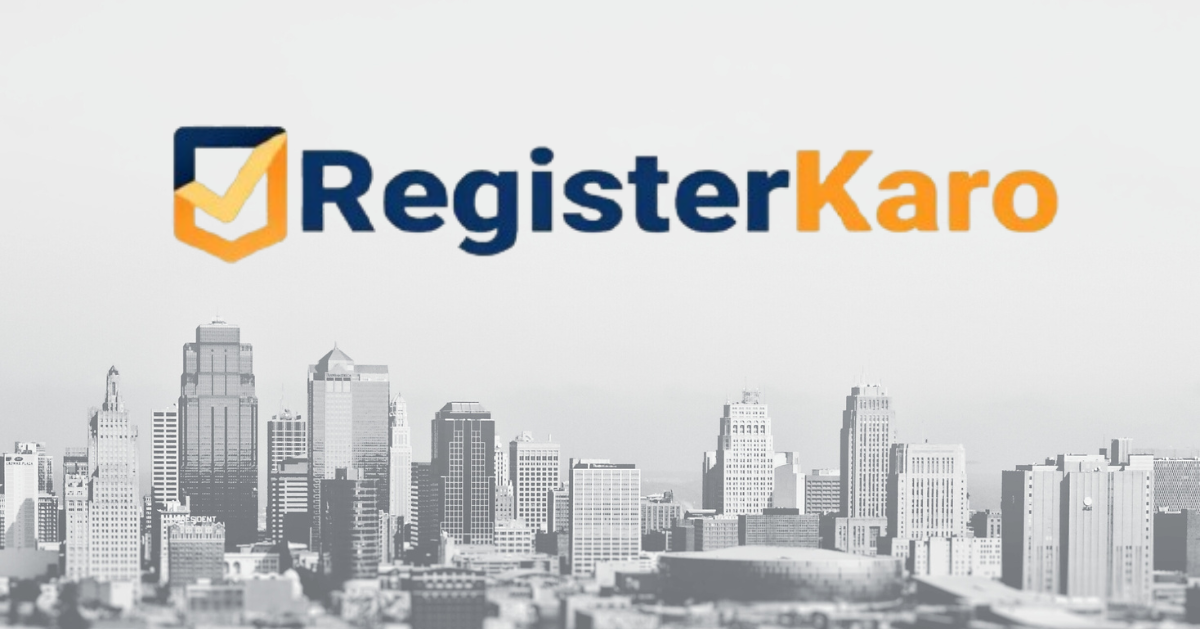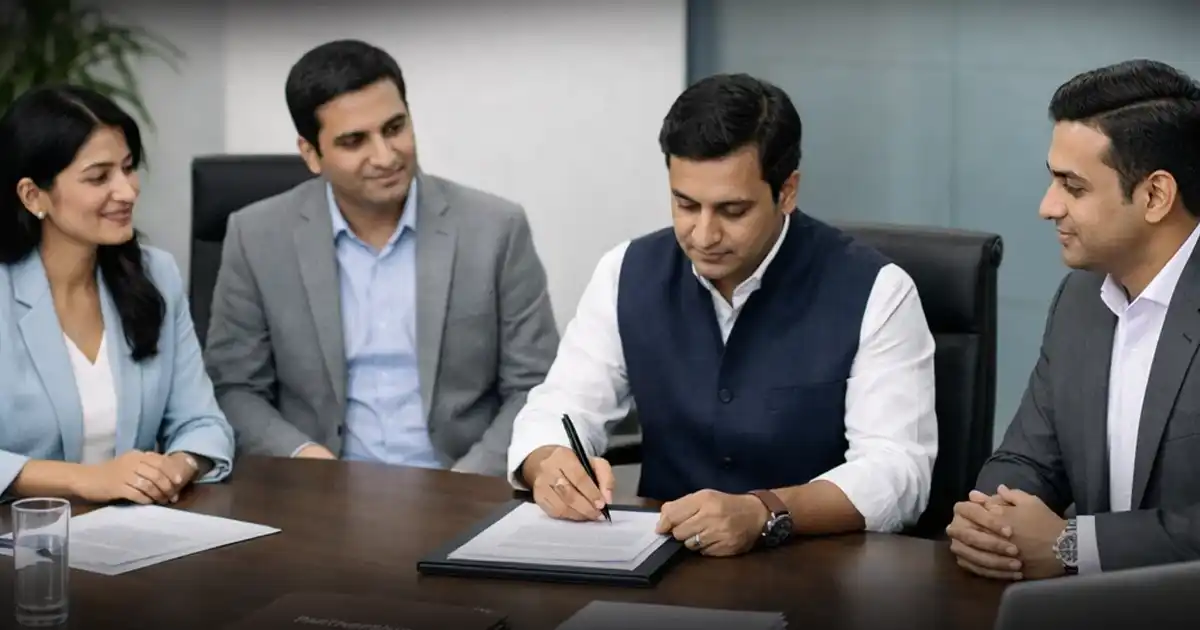
The Bureau of Indian Standards (BIS) was established as a National Standard Body of India by the Bureau of Indian Standards Act of 1986. It is now governed by the latest amended statute, the Bureau of Indian Standards, 2016. BIS supports businesses by providing Conformity Assessment Schemes for goods and services.
Through the Product Certification Scheme, companies can obtain the ISI Mark for their products, as required by Indian Standards. The Compulsory Registration Scheme allows producers to self-declare compliance, with assessments carried out by BIS-approved laboratories.
BIS oversees the Laboratory Recognition Scheme under Section 13(4) of the BIS Act, 2016, and Rule 32 of the BIS Rules, 2018. These regulations ensure laboratories performing BIS-mandated tests are recognised nationally and internationally.
What is the Purpose of the BIS LAB Recognition Program?
BIS cannot economically maintain separate testing facilities for every product or service. To address this, it created the Laboratory Recognition Scheme (LRS). The scheme ensures there are enough accredited laboratories, both in India and abroad, to support BIS Conformity Assessment Schemes. These labs complement BIS facilities and help streamline testing and certification processes efficiently.
What is the Criteria for Recognition Under the BIS LAB Recognition Scheme?
A lab must pay the prescribed fee and demonstrate adequate infrastructure, testing capabilities, and trained personnel to qualify for recognition under the BIS LRS. Some other criteria include:
a. Accreditation Requirements
The lab must be accredited under the latest version of IS/ISO/IEC 17025 and implement a Laboratory Quality Management System. Accredited labs may also hold membership with the International Laboratory Accreditation Cooperation (ILAC), Asia Pacific Accreditation Cooperation (APAC), or other regional organisations.
All testing parameters must comply with existing Indian Standards. Labs not fully compliant at the time of recognition are given one year to meet all requirements.
b. Compliance with Indian Standards
The lab must meet all requirements of the Conformity Assessment Schemes provided by BIS. Certain tests may be exempted only if they are not practically feasible, such as radioactive testing for specific products.
c. Exemption Process
Exemptions are considered on a case-by-case basis. The lab must detail any exemptions in its application. BIS grants approvals selectively, often referencing similar exemptions granted previously.
d. Documentation Requirement
The lab must submit a notarised Rs. 100/- stamp paper declaring that all required tests are conducted impartially and in accordance with the BIS-prescribed format.
e. Technical Competence of Staff
A BIS-recognised lab must employ qualified and trained personnel. Staff should have the necessary education, certifications, and experience to carry out all required tests accurately and reliably.
Competent personnel ensure that results meet BIS standards and support the lab’s credibility in Conformity Assessment Schemes.
f. Equipment and Facility Standards
Laboratories must maintain properly calibrated and well-maintained equipment. Facilities should meet the environmental and operational standards required for accurate testing. A robust laboratory setup for ISI standard ensures that all tests are performed reliably according to Indian Standards, supporting accurate results and credibility in BIS Conformity Assessment Schemes.
g. Quality Control and SOPs
The lab must implement standard operating procedures (SOPs) and internal quality control measures. Regular checks, documentation, and adherence to defined processes guarantee consistent and reliable test results across all Conformity Assessment activities.
h. Impartiality and Confidentiality
The lab must maintain impartiality in testing and ensure strict confidentiality of client information and test results. This builds trust with clients and ensures compliance with BIS regulations, supporting the integrity of the certification process.
Meeting these criteria ensures a laboratory is fully equipped, qualified, and trusted to operate as a BIS recognised lab. This supports accurate testing and compliance with Indian Standards.
Also Read: BIS Registration in India: Opportunity or Challenge?
Documents Required for BIS Laboratory Recognition
Before applying for BIS recognition, a laboratory must ensure it meets all qualifying criteria. The following documents are typically required:
- Legal certifications of the laboratory
- Company documents: For a limited company, provide the Company Registration Certificate and Memorandum of Association (MoA)
- Partnership deed, if applicable
- Certification from Chartered Accountants (CAs)
- Registration under the Shop and Establishment Act
- Registration under the Goods and Services Tax (GST) Act
- Government notification confirming the lab as a legally recognised organisation, if applicable
- For government labs, compliance with procedures for designation as a government laboratory
- Legal identity documents for foreign laboratories
- Proof of laboratory property ownership or lease
- Certification of the firm or industry registration
- Documents from BIS-designated authorities, such as Municipal Corporation, Drug Controller, Pollution Control Board, etc
- Rental contract (if applicable)
- Accreditation certificates
- List of Indian Standards applicable to the lab, including product names
- Organisation chart detailing all positions within the lab
- Details of all assigned technical and managerial staff
These documents allow BIS to verify the legal, technical, and operational readiness of the laboratory for recognition.
How to Get Recognised as a BIS Lab?
Becoming a BIS-approved lab involves meeting specific standards, preparing proper documentation, and following the BIS LRS. The following steps guide laboratories through the recognition process from submission to certification.
Step 1: Ensure Eligibility
Before applying, the lab must meet all technical, infrastructure, and accreditation requirements. This includes having qualified personnel, calibrated testing equipment, and a quality management system compliant with IS/ISO/IEC 17025.
Step 2: Prepare Required Documents
Refer to the “Documents Required for BIS Laboratory Recognition” section above for a complete list of documents needed to support your application.
Step 3: Submit the Application
The lab submits the application form along with all supporting documents to BIS. Foreign laboratories or government labs must follow additional guidelines as specified by BIS.
Step 4: Get Evaluated by BIS
BIS reviews the application, verifies the documents, and inspects the laboratory. It also assesses the lab’s technical competence, equipment, and compliance with Indian Standards.
Step 5: Obtain Recognition and Certification
The BIS grants the lab official recognition once it is satisfied. This status allows the laboratory to perform testing under BIS Conformity Assessment Schemes and issue results recognised nationally and internationally.
Understanding the costs involved helps laboratories plan their budget before applying for BIS recognition. Labs must pay application fees, recognition charges, and, in some cases, annual maintenance fees. Proper financial planning ensures a smooth process and avoids delays during evaluation and approval.
| Fee Type | Approximate Amount (Rs.) | Details |
| Application Fee | 10,000 – 25,000 | Charged at the time of submitting the recognition application |
| Recognition Fee | 50,000 – 1,00,000 | Paid after successful evaluation for issuing the BIS lab recognition |
| Annual Maintenance Fee | 5,000 – 15,000 | Optional, depending on BIS policies for maintaining recognition |
| Re-Inspection Fee | 10,000 – 20,000 | Charged if BIS conducts additional inspections during evaluation or renewal |
Note: Fees may vary based on lab type, size, and specific BIS requirements. Labs should verify the exact charges before applying.
Procedure for Rejection of a BIS Lab Recognition Application
After learning the steps and costs to get recognised, labs should know how BIS handles incomplete or non-compliant applications. BIS follows a structured procedure in such cases.
If the applicant’s lab fails to correct errors or submit the required documents within the specified time, the rejection process begins. Key points include:
- Once BIS records the application, it does not refund the application fees or adjust them for future applications.
- Any breach of BIS rules or regulations triggers the rejection process immediately.
- Upon issuing a Rejection Notice, BIS allows 14 days for the lab to provide clarifications or request resubmission.
- If the lab fails to respond adequately within this period, BIS formally rejects the application.
Understanding this procedure helps labs stay compliant and avoid delays or rejection during the recognition process.
BIS lab recognition is valid for three years. Labs must renew before expiry to maintain their status. Follow these steps for smooth renewal:
- Check Expiry Date: Monitor the recognition validity and start the renewal process well in advance.
- Update Documents: Prepare all updated legal, technical, and accreditation documents.
- Verify Compliance: Ensure all equipment is calibrated and infrastructure meets BIS standards.
- Confirm Staff Qualifications: Maintain trained personnel as per IS/ISO/IEC 17025 requirements.
- Submit Renewal Application: Send the application along with supporting documents to BIS.
- Re-Inspection (if required): Allow BIS to inspect the lab to confirm continued compliance.
- Receive Renewal Approval: Once verified, BIS extends the lab’s recognition for another three years.
Becoming a BIS-approved lab offers several advantages for laboratories, businesses, and clients. Some of the key benefits include:
- National and International Recognition: Recognition by BIS establishes the laboratory as a credible testing facility. It enhances trust among clients and industry stakeholders, both within India and globally.
- Ability to Conduct Conformity Assessments: Such labs can perform tests under BIS Conformity Assessment Schemes. This allows manufacturers to certify their products with ISI marks or other BIS approvals, facilitating market access.
- Compliance with Indian Standards: Recognition ensures that the lab operates according to established Indian Standards (IS). This guarantees accuracy, reliability, and consistency in testing procedures.
- Competitive Advantage: BIS recognition differentiates the laboratory from competitors. It serves as a mark of quality and compliance, helping attract more clients and partnerships.
- Enhanced Business Opportunities: Recognised labs can work with government agencies, manufacturers, exporters, and regulatory bodies that require BIS-certified testing. This opens up new revenue streams and business collaborations.
- Continuous Improvement: BIS recognition encourages labs to maintain high-quality standards, improve processes, and invest in staff training and advanced testing equipment.
By becoming a BIS recognised lab, laboratories not only comply with regulations but also strengthen their reputation, expand business opportunities, and contribute to product quality assurance in the industry.
Getting BIS lab recognition can be straightforward with proper preparation. Labs can increase their chances of approval by following clear steps, maintaining compliance, and ensuring all documents and staff meet BIS standards. These tips help labs avoid common mistakes and streamline the recognition process.
- Prepare Complete Documentation: Ensure all required legal, technical, and accreditation documents are ready before submission. Incomplete or missing papers can delay approval.
- Maintain Compliant Infrastructure: Verify that your lab equipment and facilities meet BIS standards. Calibrate instruments and ensure the infrastructure is operational.
- Train Your Staff: Employ qualified personnel and provide proper training on IS/ISO/IEC 17025 requirements and BIS testing procedures.
- Follow BIS Guidelines Closely: Understand and adhere to the Conformity Assessment Schemes and all BIS rules.
- Plan Ahead: Start preparations early to avoid delays and reduce the risk of application rejection.
Final Thoughts
Becoming a lab recognised by BIS strengthens a laboratory’s credibility, ensures compliance with Indian Standards, and opens doors to new business opportunities. By meeting the eligibility criteria, submitting the required documents, and following the recognition process, labs can gain national and international recognition, perform conformity assessments, and offer BIS certification to manufacturers. Recognition is not just a certification; it is a mark of trust, quality, and growth.
Frequently Asked Questions
A BIS recognised lab is a laboratory authorised by the Bureau of Indian Standards to perform testing under Conformity Assessment Schemes. These labs meet BIS requirements for technical competence, infrastructure, and trained personnel. This ensures accurate, reliable, and standard-compliant test results for products across industries.




